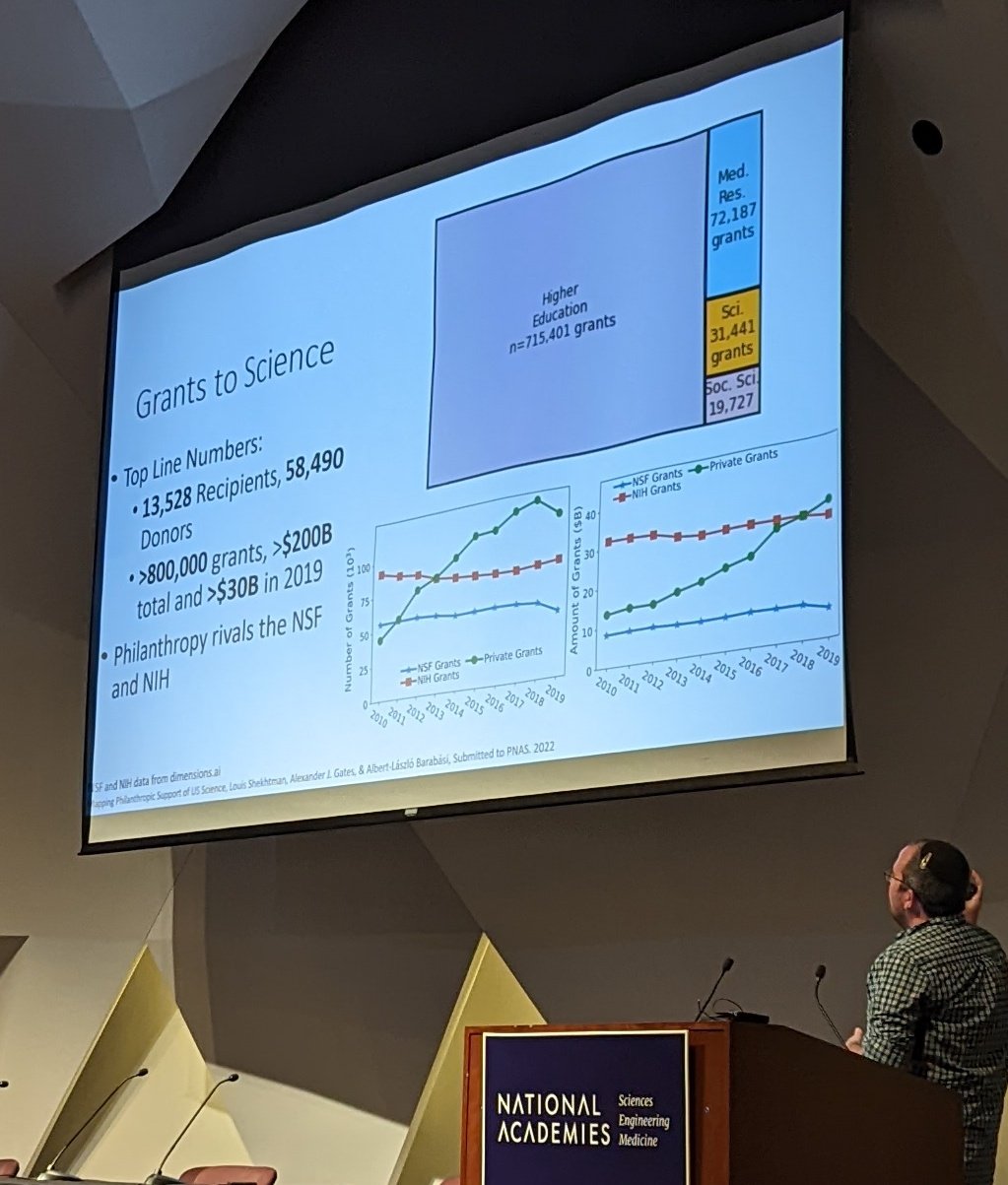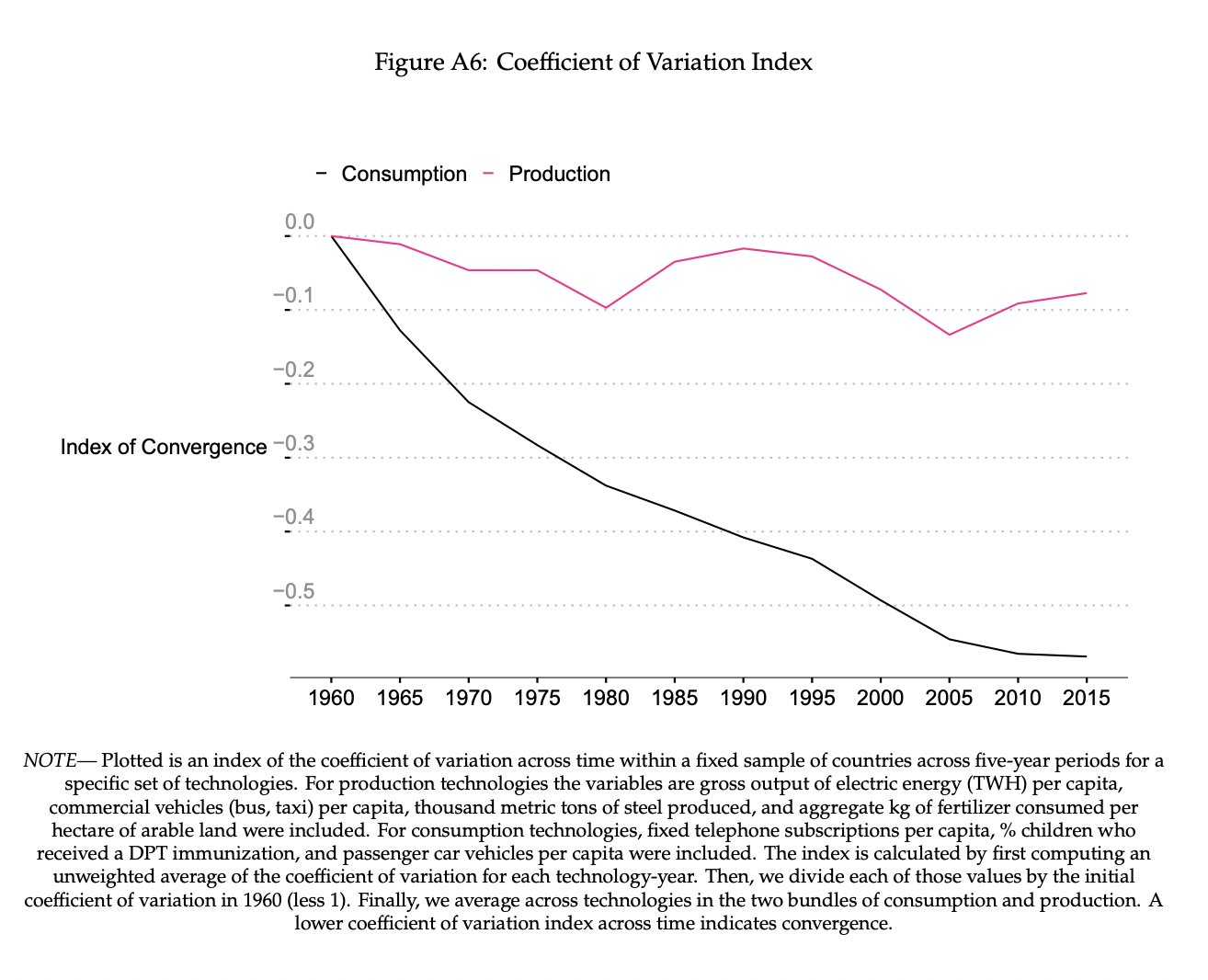The Roots of Progress - BBC Future covers progress studies
|
Older messages
Reinventing the wheel
Saturday, June 4, 2022
Also: SF meetup next Saturday; Links and tweets, 2022-05-30 View original blog posts Roots of Progress The Roots of Progress by Jason Crawford In this update: Meetup in SF, June 11: Progress Studies +
Can growth continue? A five-minute talk for Ignite Long Now 2022
Friday, May 27, 2022
Also: How curing aging could help progress View original blog posts Roots of Progress The Roots of Progress by Jason Crawford In this update: Can growth continue? (Ignite Long Now 2022) How curing
What are the best examples of catastrophic resource shortages?
Wednesday, May 4, 2022
Also, reminder: May 10 meetup in SF View original blog posts Roots of Progress The Roots of Progress by Jason Crawford In this update: Reminder: Meetup in San Francisco, May 10, with Adam Thierer What
Why pessimism sounds smart
Thursday, April 28, 2022
Also: Is growth linear, not exponential?; May 10 meetup in SF; and more View original blog posts Roots of Progress The Roots of Progress by Jason Crawford In this update: Meetup in San Francisco, May
The lure of technocracy
Friday, April 1, 2022
Also: Erik Brynjolfsson event, The Progress Network podcast interview View original blog posts Roots of Progress The Roots of Progress by Jason Crawford In this update: The lure of technocracy: A
You Might Also Like
The Extra Points Bowl is tomorrow! Here's how to watch:
Friday, November 22, 2024
Hang out with us in person, or on the internet:
🔔Opening Bell Daily: Bitcoin $100K
Friday, November 22, 2024
Gary Gensler's resignation and Trump's crypto council have pushed the cryptocurrency toward its six-figure milestone.
India's Sports Federations Need Urgent Reform
Friday, November 22, 2024
Back in 2019, Indian archers won a gold, two silvers and four bronze medals at the Bangkok Asian Games – but those medals do not figure in India's tally.
"Notes" of An Elder
Friday, November 22, 2024
Everyone else is already taken, so realize we're only shortchanging ourselves and those we lead if we don't show up as ourselves.
The End of Hashtags? #️⃣
Friday, November 22, 2024
Not exactly.
Issue #43: Logistics Meets Liftoff
Friday, November 22, 2024
Issue #43: Logistics Meets Liftoff
Sequoia flagship's meaty markup
Friday, November 22, 2024
Medtech perks up in Q3; Accel-KKR leaps into secondaries; what's fueling Europe's valuation recovery; credit spreads expected to tighten, survey finds Read online | Don't want to receive
Never mind the ballots
Friday, November 22, 2024
The future for prediction markets is… unpredictable ͏ ͏ ͏ ͏ ͏ ͏ ͏ ͏ ͏ ͏ ͏ ͏ ͏ ͏ ͏ ͏ ͏ ͏ ͏ ͏ ͏ ͏ ͏ ͏ ͏ ͏ ͏ ͏ ͏ ͏ ͏ ͏ ͏ ͏ ͏ ͏ ͏ ͏ ͏ ͏ ͏ ͏ ͏ ͏ ͏ ͏ ͏ ͏ ͏ ͏ ͏ ͏ ͏ ͏ ͏ ͏ ͏ ͏ ͏ ͏ ͏ ͏ ͏ ͏ ͏ ͏ ͏ ͏ ͏ ͏ ͏ ͏ ͏ ͏ ͏
10-second trick
Friday, November 22, 2024
Every year we bring the highest quality software to RocketHub for an insane BFCM event. This year is no different! BFCM starts now so check the page below for one new lifetime deeaaal drop each day.
🔍 How James Clear Manufactured Word Of Mouth To Create A NYT’s #1 Best Seller
Friday, November 22, 2024
November 21, 2024 | Read Online All Case Studies 🔍 Learn About Sponsorships It's true - nothing is more powerful than word of mouth. But here's what they don't tell you - you can






